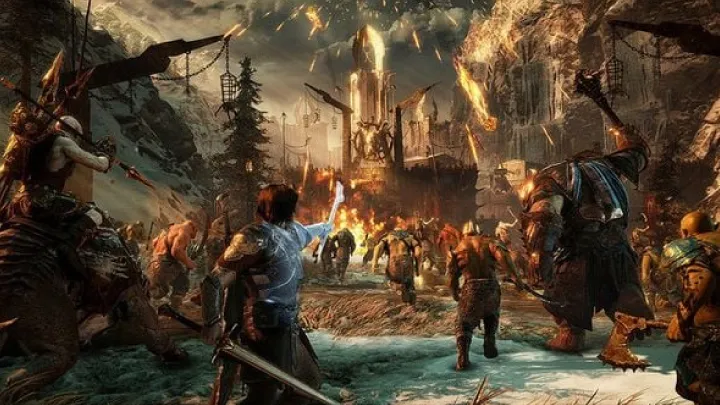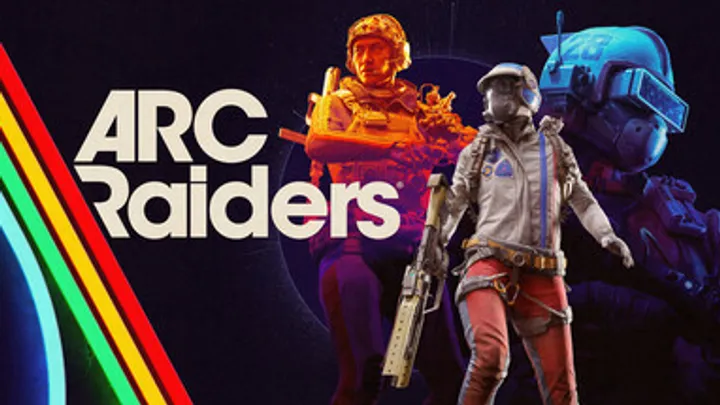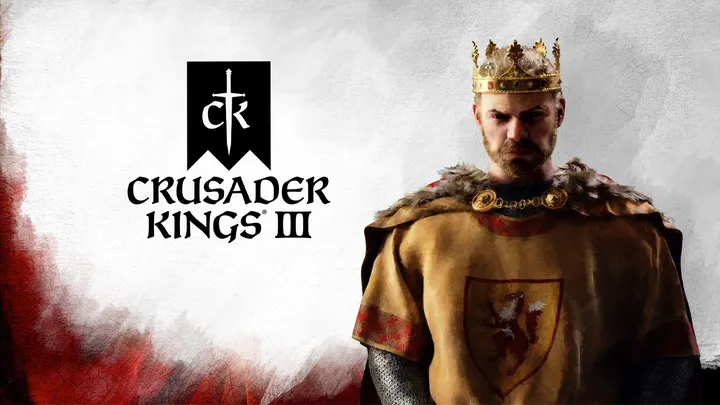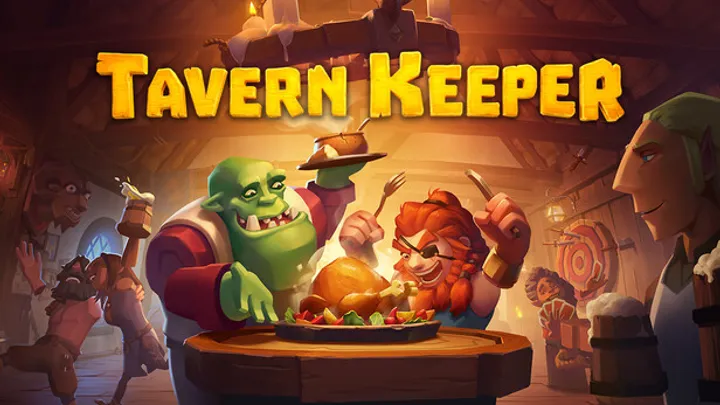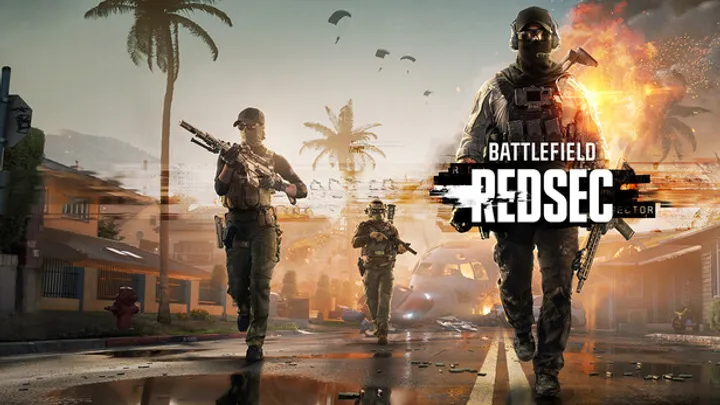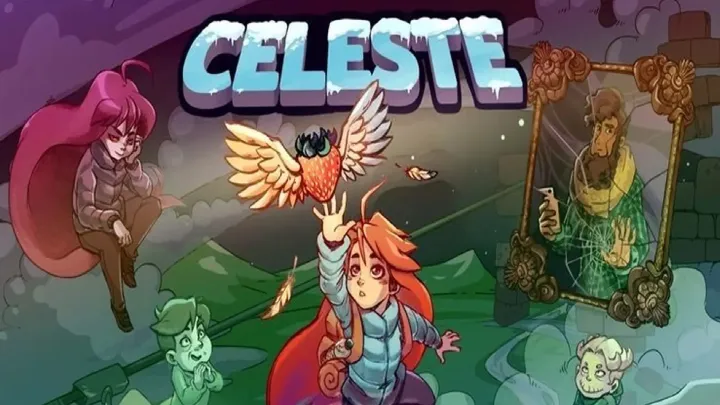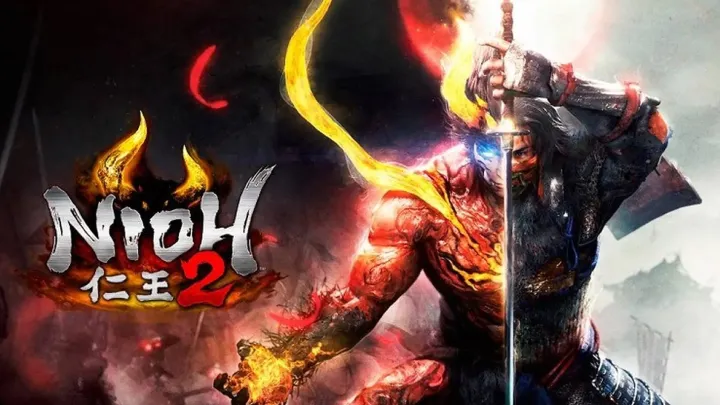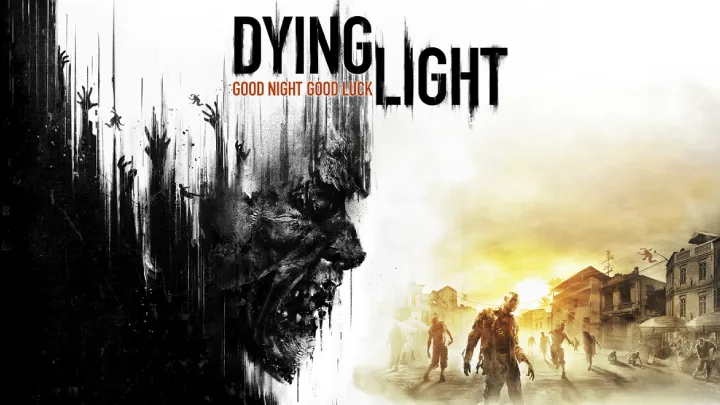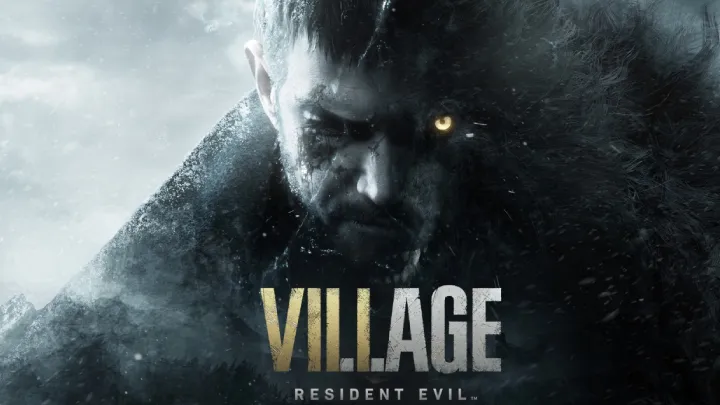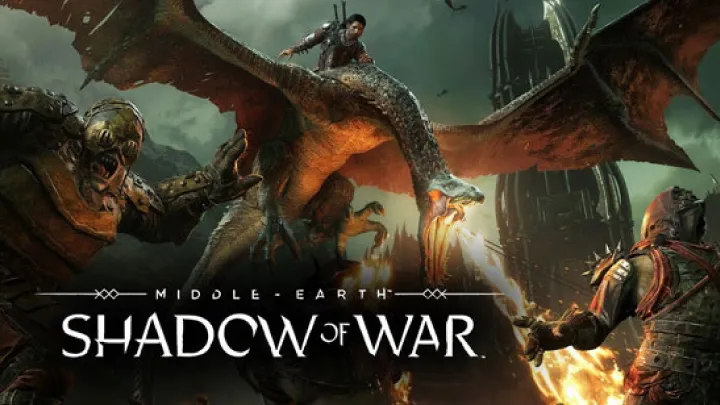
Released in October 2017, Middle-earth: Shadow of War builds upon the foundations laid by its predecessor, *Shadow of Mordor*, introducing players to a vast, dynamic world filled with orcs, wraiths, and the rich lore of J.R.R. Tolkien’s Middle-earth. At the heart of this sequel lies the innovative Nemesis System, which not only enhances gameplay but also shapes the narrative experience in profound ways. This article will delve into the intricacies of the Nemesis System, examining how it grants players a unique sense of agency while exploring the themes of power, revenge, and the consequences of choice within the game's universe.
Understanding the Nemesis System
Definition and Evolution
The Nemesis System is an innovative gameplay mechanic that allows players to create unique, personalized interactions with orc enemies throughout the game. Introduced in Shadow of Mordor, this system has evolved in Shadow of War to allow for even deeper relationships and rivalries. Each orc has its own personality, strengths, weaknesses, and memories, which can lead to a variety of experiences based on player actions.
Dynamic Interactions
What sets the Nemesis System apart is its ability to generate dynamic interactions based on player choices. If a player is defeated by an orc, that orc will remember the encounter, often taunting the player upon their next meeting. Conversely, if players successfully defeat an orc, they can gain valuable resources or even recruit them to their cause. This creates a web of relationships that evolves throughout the game, making each playthrough distinct.
The Impact of Player Choices
Agency and Consequences
In Shadow of War, player agency is amplified through the Nemesis System. Choices made during encounters with orc captains can have significant consequences, influencing the power dynamics within the game. For instance, players can choose to kill an orc, sparing them, or even recruit them to their ranks. Each choice not only affects the game’s world but also the player’s personal narrative, creating a more immersive experience.
Emotional Engagement
The emotional engagement offered by the Nemesis System is noteworthy. Players develop connections with specific orc characters, leading to feelings of attachment, rivalry, or even empathy. This emotional layer enhances the gameplay experience, encouraging players to consider their actions carefully. When a player encounters a previously defeated nemesis, the emotional stakes are heightened, turning each encounter into a memorable moment.
The Role of Orc Personalities
Unique Traits and Characteristics
Each orc in Shadow of War is designed with unique traits and characteristics that contribute to their personality. Some orcs may be cowardly, while others are fiercely loyal or exceptionally cunning. These traits influence their behavior during encounters, shaping how they react to the player’s actions. For example, a cowardly orc may flee if they see the player, but return later with a vendetta if they survive.
Impact on Gameplay
The diverse personalities of orc captains create varied gameplay experiences, as players must adapt their strategies based on the strengths and weaknesses of their foes. Understanding an orc’s personality can lead to tactical advantages, whether it’s exploiting their fears or leveraging their loyalties. This complexity adds depth to combat encounters, making each confrontation feel like a unique battle of wits.
The Influence of Recruitment
Building Your Army
One of the key features of Shadow of War is the ability to recruit orc captains to the player’s army. This mechanic not only enriches the gameplay but also ties into the overarching theme of power and loyalty. Players can choose to dominate orcs, turning former enemies into allies who can assist in battles against stronger foes.
Strategic Alliances
Recruiting orcs strategically can shift the balance of power within the game. Players can build a diverse army with orcs possessing different abilities and traits, which can be invaluable in tackling various challenges. However, the decision to recruit or dominate comes with its own set of consequences, as players must navigate the complexities of loyalty and betrayal among their ranks.
Themes of Power and Revenge
The Pursuit of Power
At its core, Shadow of War explores themes of power, revenge, and the moral ambiguities that come with them. Talion, the protagonist, seeks to avenge his family’s death while grappling with the influence of the wraith Celebrimbor. The Nemesis System amplifies these themes by placing players in positions of power over orc captains, forcing them to confront the ethical implications of their choices.
Consequences of Revenge
The game’s narrative emphasizes the consequences of revenge. As Talion builds his army and seeks vengeance, players must consider the impact of their actions on the world around them. The Nemesis System serves as a reflection of this theme, as players witness the repercussions of their choices manifest in the evolving dynamics of their relationships with orc characters.
The Narrative Experience
A Personal Story
The Nemesis System intertwines with the main narrative of Shadow of War, creating a deeply personal story for players. As orcs remember past encounters and respond to Talion’s actions, the narrative becomes a tapestry of unique experiences shaped by player choices. This personalization enhances the emotional weight of the story, making victories and defeats feel more significant.
Unforeseen Outcomes
The unpredictability of the Nemesis System leads to unforeseen outcomes in the narrative. Players may encounter orc captains who have risen through the ranks due to their previous interactions, creating a sense of continuity in the world. This evolving narrative structure keeps players engaged, as they never know how their choices will affect future encounters.
The Legacy of the Nemesis System
Influence on Game Design
Shadow of War’s Nemesis System has left a lasting impact on game design, influencing other titles to adopt similar mechanics. The idea of creating dynamic relationships between players and NPCs has resonated with developers, leading to a greater focus on player agency in modern gaming. This legacy underscores the importance of player choice in shaping narratives.
Community Reaction
The community’s response to the Nemesis System has been overwhelmingly positive, with many players praising its depth and complexity. The ability to create personal stories through interactions with orc captains has led to countless anecdotes shared among fans. This community engagement showcases how the system has enriched the overall experience of Shadow of War.
Critiques and Limitations
Balancing Challenges
Despite the acclaim, Shadow of War has faced critiques regarding the balancing of its systems. Some players have noted that the Nemesis System can lead to repetitive encounters, particularly when facing similar orc captains multiple times. This aspect can detract from the overall experience, as players may feel that certain encounters lack the freshness that initially drew them in.
Ethical Dilemmas
The themes of power and revenge also raise ethical dilemmas that can be uncomfortable for players. The act of dominating orcs to build an army can lead to feelings of moral ambiguity, prompting players to grapple with the implications of their choices. While this complexity adds depth, it can also lead to cognitive dissonance for those who struggle with the darker themes.
Conclusion: The Depth of Agency in Middle-earth: Shadow of War
The Nemesis System in Middle-earth: Shadow of War serves as a groundbreaking mechanic that elevates player agency and narrative depth to new heights. By allowing players to forge dynamic relationships with orc captains, the game creates a unique blend of gameplay and storytelling that resonates with players on multiple levels. The themes of power, revenge, and moral complexity are intricately woven into the fabric of the game, encouraging players to reflect on their actions and the consequences that follow.
As players navigate the challenges of Mordor, they are not merely executing missions; they are crafting their narratives, shaping the world around them, and confronting the ethical implications of their choices. The legacy of the Nemesis System endures, influencing game design and leaving a lasting impact on the gaming community. In the end, Shadow of War stands as a testament to the potential of interactive storytelling, proving that the choices players make can lead to unforgettable experiences.
